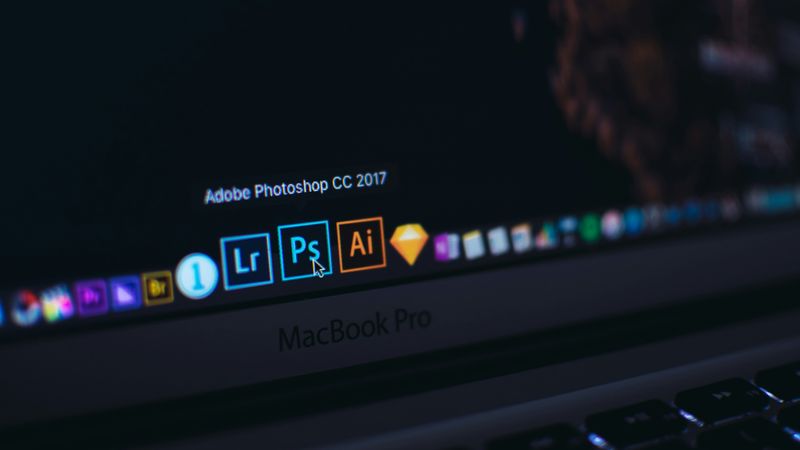I decided to study graphic design after a 12+ year career in learning and development.
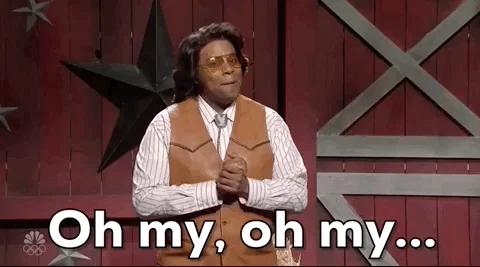 You may wonder what prompted this detour from my already existing career path.
You may wonder what prompted this detour from my already existing career path.
Studying graphic design gave me the opportunity to follow a new and exciting career path as an instructional designer with a skillset many people in traditional learning and development don't have.
And this is what I love about graphic design: it's a versatile skill that gives you a stepping stone into many different career paths.
But before you consider pivoting to graphic design, you'll need to address your skills gap and develop some key skills that you'll need to prepare for your new career.
What is Graphic Design?
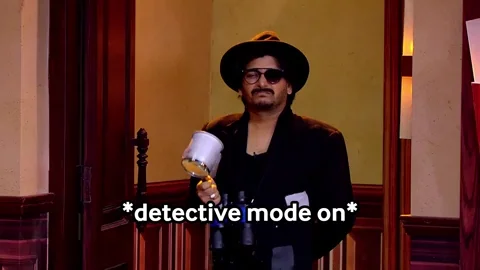
Before identifying your graphic design skills gap, briefly take a look at what graphic design is:
Graphic design is a craft where professionals create visual content to communicate messages.
Graphic design has many pathways:
Publication, illustration, and typographic design: design of visuals primarily for print purposes.
Web design: design of visuals for web pages or social media.
User interface (UI) and user experience (UX) design:design of visuals along with navigation paths for users in websites, computer software, and mobile phone apps.
Motion design: design of moving visuals, also known as animations.
Technical Skills vs. Design and Soft Skills
Generally, you'll need the following skills to be a graphic designer.

Technical skills: the skills you'll need to use the software needed to create designs.

Design and soft skills: the skills needed to work with people and design a high-quality product.
Technical Skills Needed for Graphic Design
Knowing how to use design software is a way to start closing your skills gap. This software can be broken down into two categories:
1. General design software: regardless of your areas of specialization, you must know how to use Adobe Photoshop, Adobe Illustrator, or at the very least, Canva.
2. Specialized software: needed for each area of specialization as shown below.
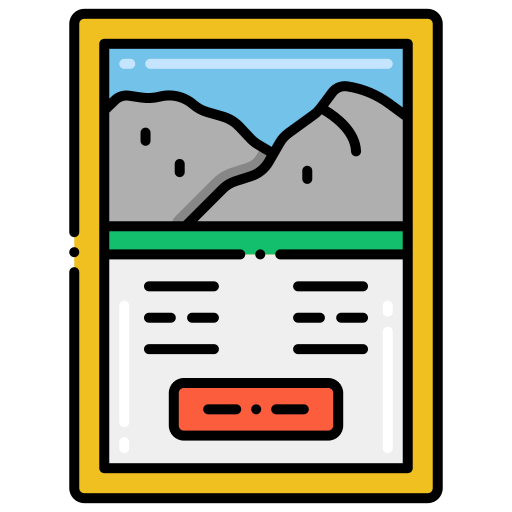
Publication, Illustration, and Typographic Design
Adobe InDesign
ProArt
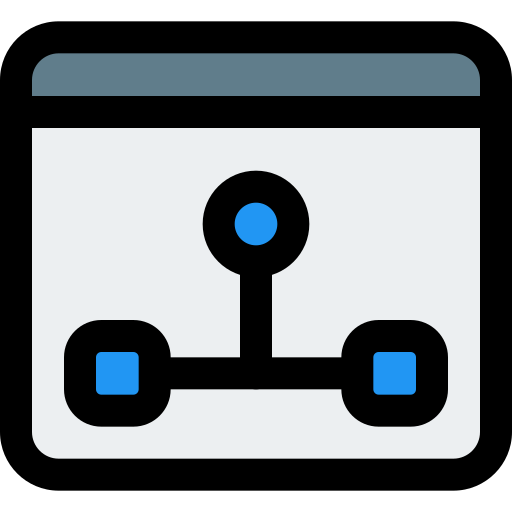 UI and UX design
UI and UX design
Figma
Adobe XD
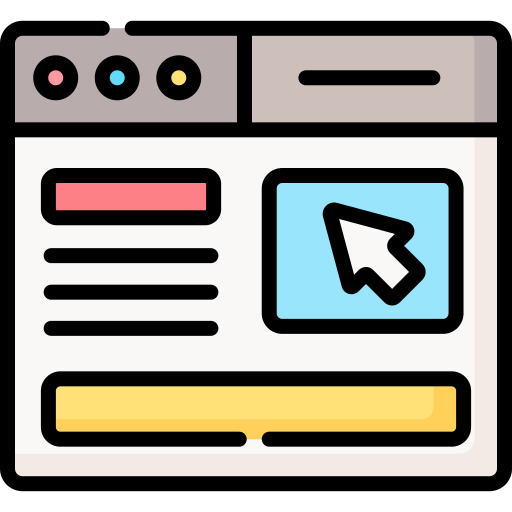
Web Design
Programing languages (HTML, CSS, jQuery)
Website development platforms (Webflow, Wordpress, Shopify or Google sites)
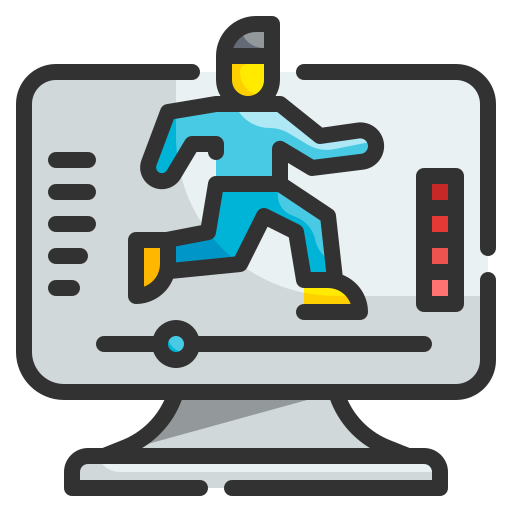
Motion Design
Adobe After Effects
Adobe Animate or Character Animator
Blender
Technical Skills Gap Self-Assessment
It’s time for honest reflection on your current technical skill level. Think about the following and answer yes or no as you go along:
Do you know how to make a basic poster like the one below using design and typographic principles, with Adobe Illustrator, Canva, or similar software?
 Image courtesy of Freepik
Image courtesy of Freepik
Do you know how to import a raster image into Adobe Illustrator, Canva, or similar software?
Can you remove the background of this photo using Adobe Photoshop, Canva, or similar software and export it as a .PNG file?
 Image from www.freepik.com
Image from www.freepik.com
How did you do?
If you were able to answer yes to all three, then...

...you have the entry-level technical skills needed to be a graphic designer.
If you weren't able to complete these tasks, don't worry! You just need to take the next steps to work on your skills gap.
Closing Your Technical Skills Gap
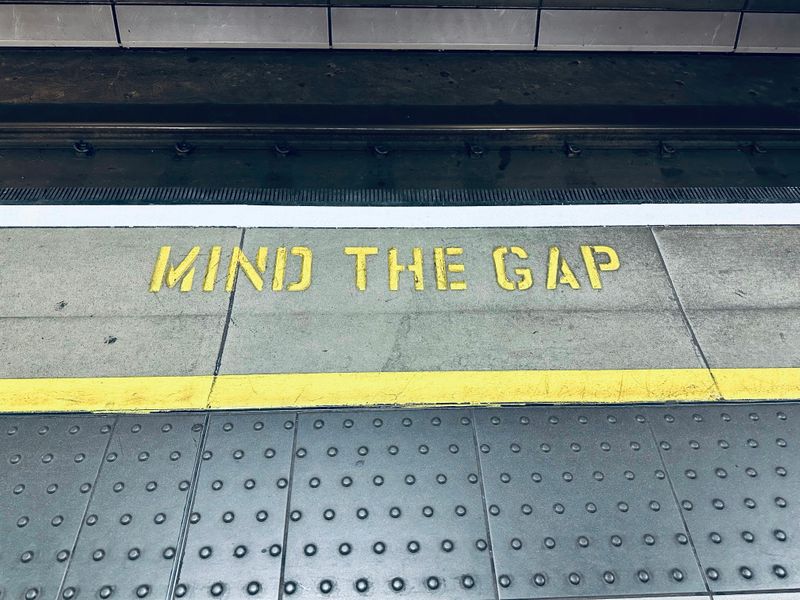 Photo by Rob Thompson on Unsplash
Photo by Rob Thompson on UnsplashHere are some resources you can use to close your technical skills gap:
Adobe software suite: Adobe Learn is a great place to start learning about their software (Adobe Photoshop, Adobe Illustrator, Adobe InDesign, Adobe XD, Adobe After Effects, etc). But you can also check YouTube for some great free trainings from creators.
Web design: If you're interested in this pathway, there are many free resources that teach you coding for the web, such as freeCodeCamp.You can also check out our Byte How do I learn coding for free?
Blender and other niche software: Almost all software providers have their own training material, and YouTube has a lot of free resources too, like this Blender for Complete Beginners Tutorial.
Design and Soft Skills Needed for Graphic Design
Next, think about whether you have some basic design skills and soft skills such as:
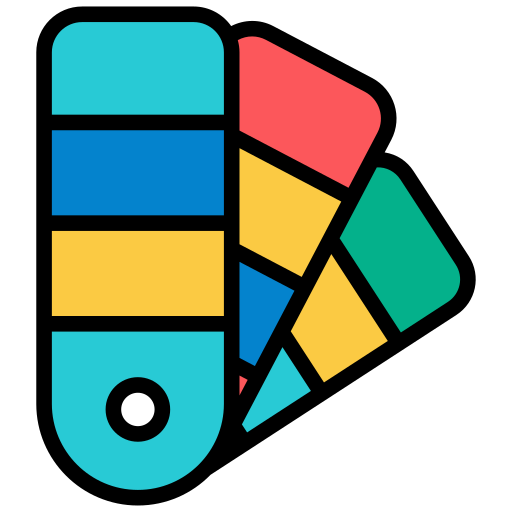
Design Principles
Apply design principles — balance, repetition, alignment, hierarchy, contrast, etc.
Select appropriate typography and color palettes
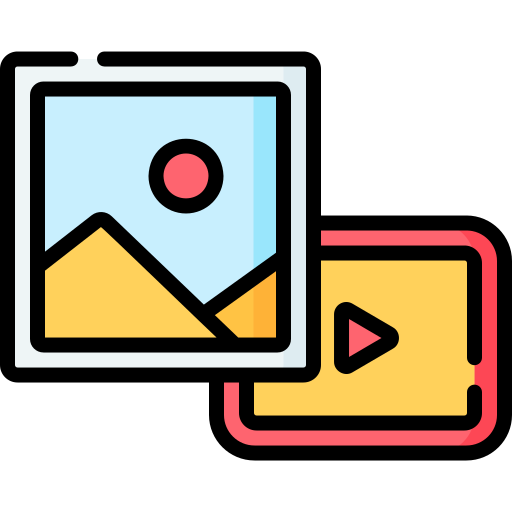
Media Selection
Pick appropriate, high quality imagery
Respect copyright laws
Catalog image assets

Formatting and Copywriting
Identify your audience
Write compelling messages
Ensure grammar and spelling accuracy
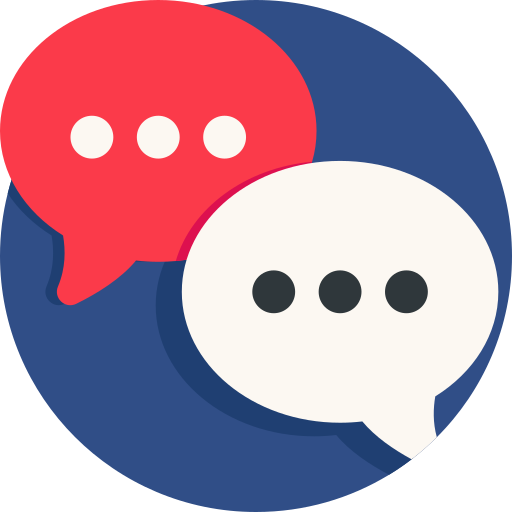
Soft Skills
Effective communication
Time management
Iterative thinking
Quiz
You're designing a handout where headings blend into the background. Which design principle could make these elements pop more clearly?
Closing Your Skills Gap with Learning

Self Study
Review the areas you need to improve on through online self study. There are tons of free resources out there, especially on You Tube that will teach you almost everything you need to know.

College or University Programs
If you are considering a career in graphic design or want a qualification that is recognized by an employer, consider a university or college program in graphic design, multimedia design, design arts or related topic.
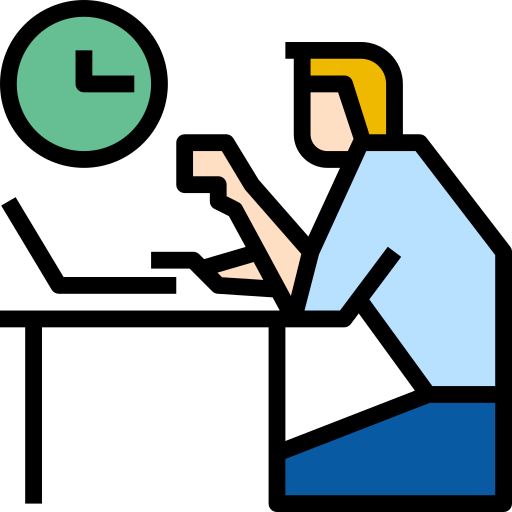
Freelancing or Volunteering
There is no better way to learn than by doing. Look for volunteering opportunities in your community or look for entry-level freelancing work. You will learn many of the skills you need as you work, especially soft skills.
Take Action
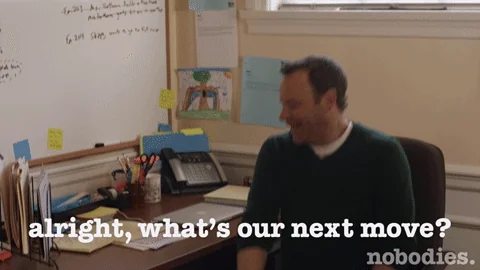
Start closing that graphic design skills gap today!
Your feedback matters to us.
This Byte helped me better understand the topic.

